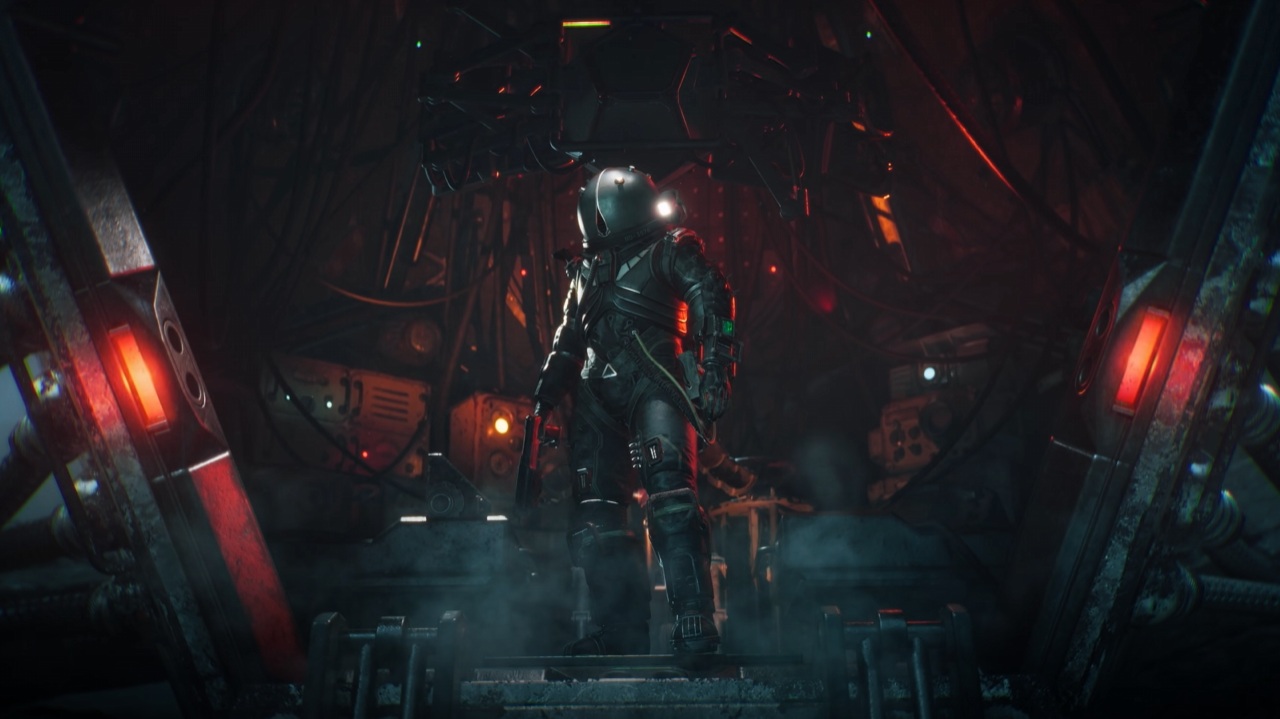The next step for Xbox Cloud Gaming: Let me buy games to own
The biggest restriction on Xbox Cloud Gaming right now is ironically its biggest strength: Xbox Game Pass.
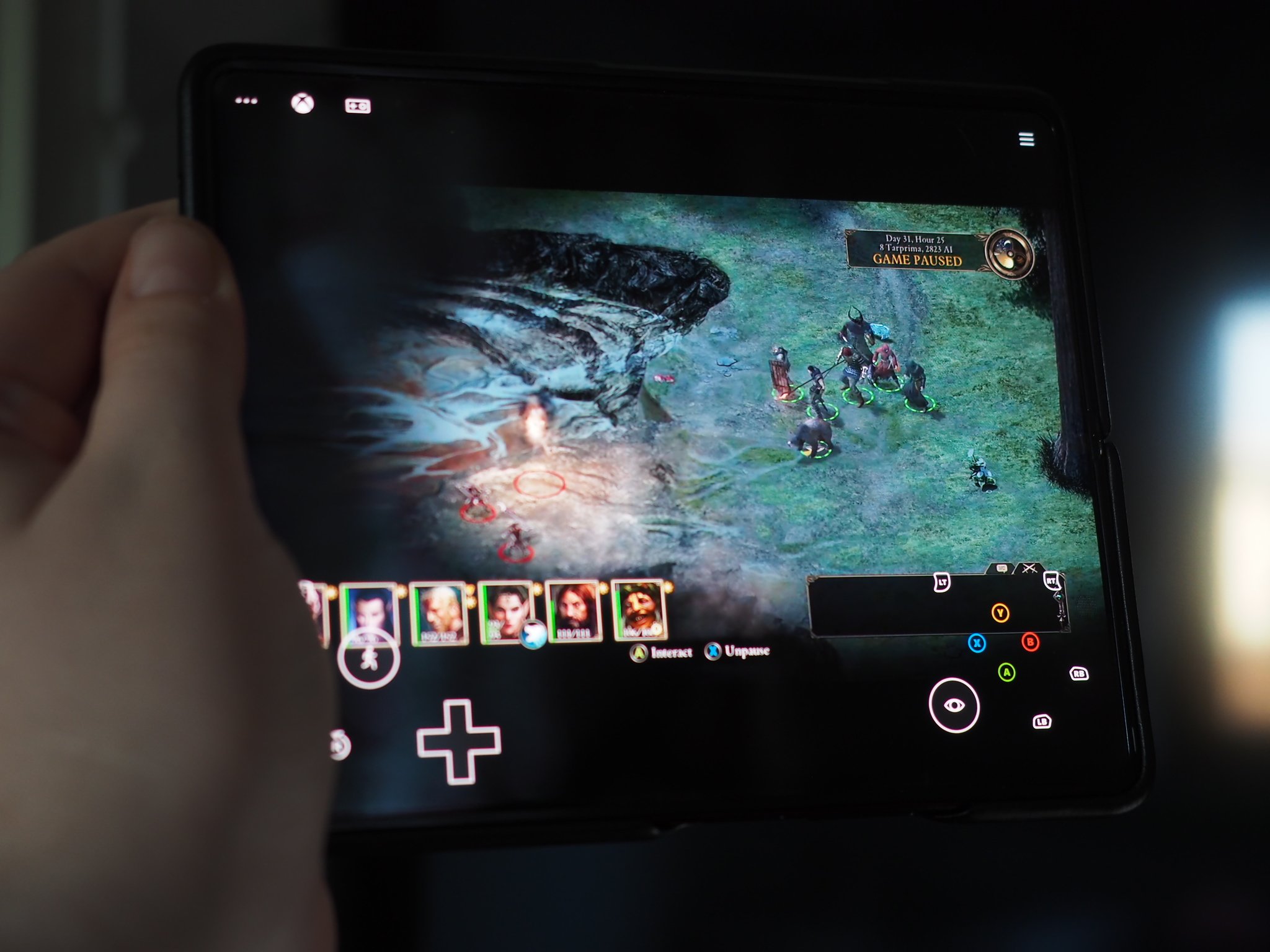
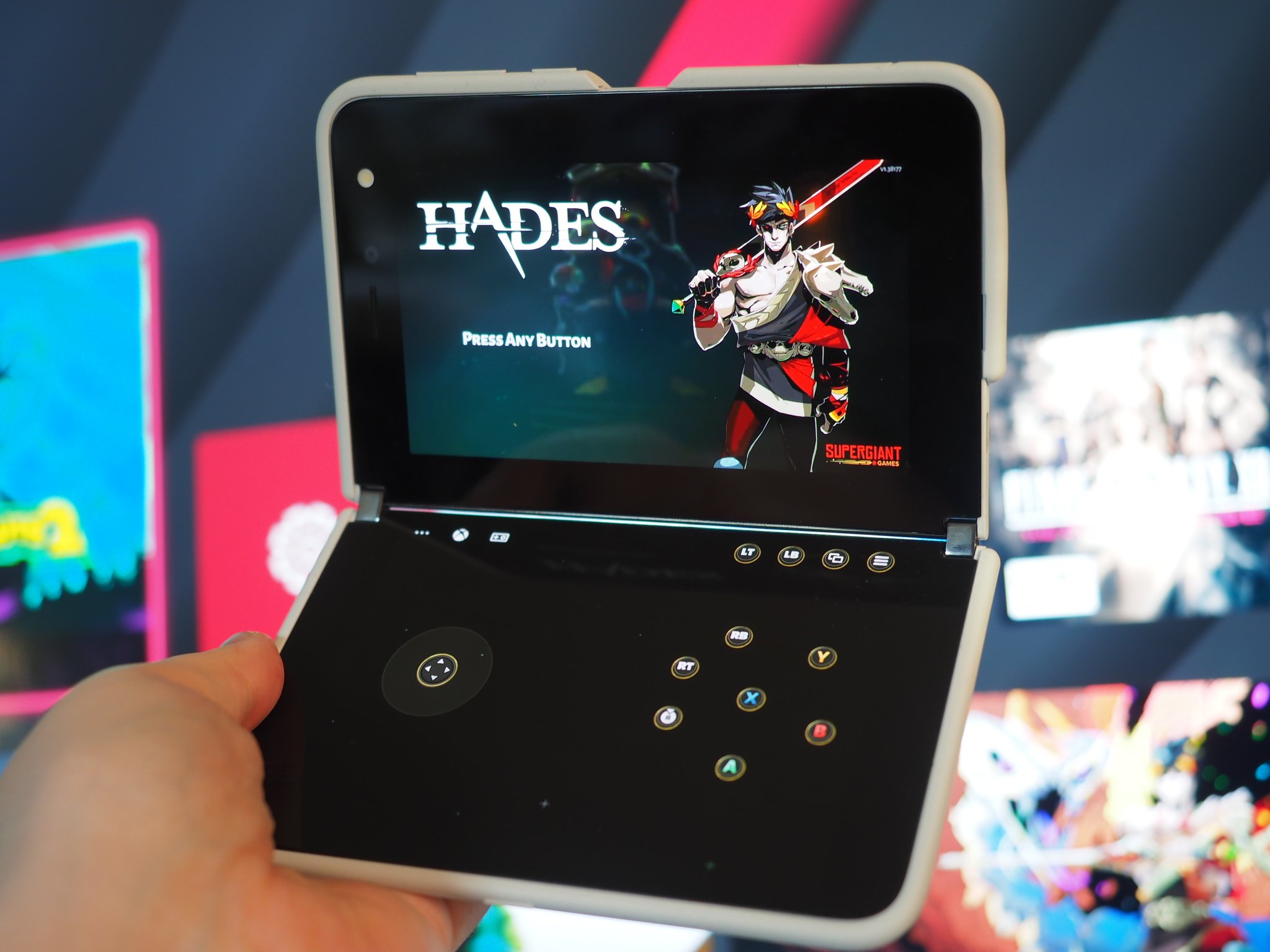
A few months ago, Microsoft revealed that it had completed a wide-reaching upgrade for its Xbox Cloud Gaming service, moving the server infrastructure from older Xbox One S hardware to the current-generation Xbox Series X. The boost in GPU power for video encoding, coupled with rapid NVME SSD speeds, has vastly improved Microsoft's cloud gaming offerings across the board. It's so good, in fact, that this past summer, I think I've spent more time in the cloud than on a traditional console.
However, as I spend more time in the Xbox Game Pass-backed cloud gaming platform, I've found one glaring weakness that didn't previously affect me – you can't buy cloud games to own.
Xbox Cloud Gaming is still technically in beta, and this feature may well be in the roadmap. Still, moving forward, I don't think Xbox Game Pass alone is enough to take it fully mainstream.
The one thing Stadia does better
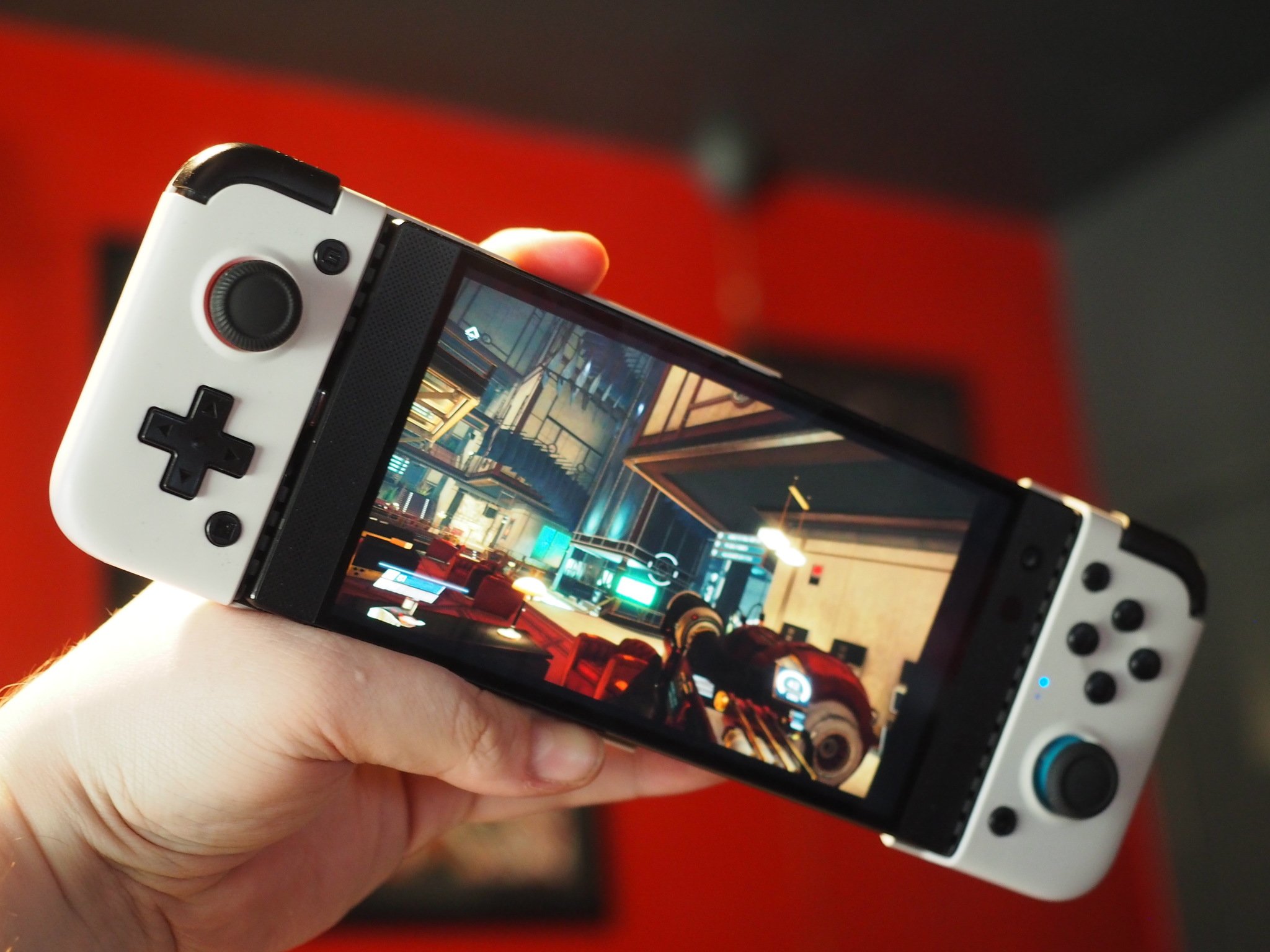
It's been fairly undeniable that Google's own Stadia platform outperformed Xbox Game Pass cloud gaming in most conditions. Based on your WiFi setup and physical location, that could still be the case. For me, though, the transition to Xbox Series X servers has virtually eliminated the performance delta, both when used in the UK and South Germany. Testing both platforms side by side (something wholly possible using the Samsung Galaxy Fold 3, hilariously), the differences have become largely superficial. Google also canceled all of its in-house projects, and developer interest in supporting the platform has been pretty lukewarm thus far. There is something that Stadia still does better than Xbox Game Pass, though.
I've been living with my girlfriend as of late, who has taken dominion over my lovely QLED TV. In years prior, I might've pushed back a fair bit, but thanks to Xbox Game Pass and cloud gaming, I've comfortably shifted to the phone screen. Even the newly-released Hades plays like a dream on Xbox Cloud Gaming, despite its reactive combat design. Thanks to pervasive cloud saving, I was also able to continue on with my Xbox Pillars of Eternity playthrough without issue, too. Well, sort of.
Pillars of Eternity is a huge game, with countless hours available to completionists. The game has taken up the vast majority of my leisure time as a result. And the more I cover game-streaming technologies, it's clear how frequently cloud games leave the platform for good.
This has created a dilemma for my ballooning backlog. While I play Pillars of Eternity, now permanent on Xbox Game Pass following Microsoft's acquisition of Obsidian Entertainment, will I miss out on the chance to play other cloud-enabled games? You need only take a quick glance at the full list of Xbox Game Pass games to see how regularly games leave the service. I have the option to buy these on console and PC, taking advantage of the generous discount for Xbox Game Pass subscribers. When it comes to the cloud, I have no such option. When Darkest Dungeon or Streets of Rage 4 depart, I can only stream them from my home Xbox — providing it's accessible at the time and my upload speed delivers just a fraction of Microsoft Azure's best.
Get the Windows Central Newsletter
All the latest news, reviews, and guides for Windows and Xbox diehards.
There's no upfront transparency about which games are permanently in Xbox Cloud Gaming's library, and temporarily in the library either. When compared to Google Stadia's buy-to-own model, Xbox Cloud Gaming's revolving door library seems archaic by comparison. Why can't I have the best of both worlds?
The hurdles, and the downsides
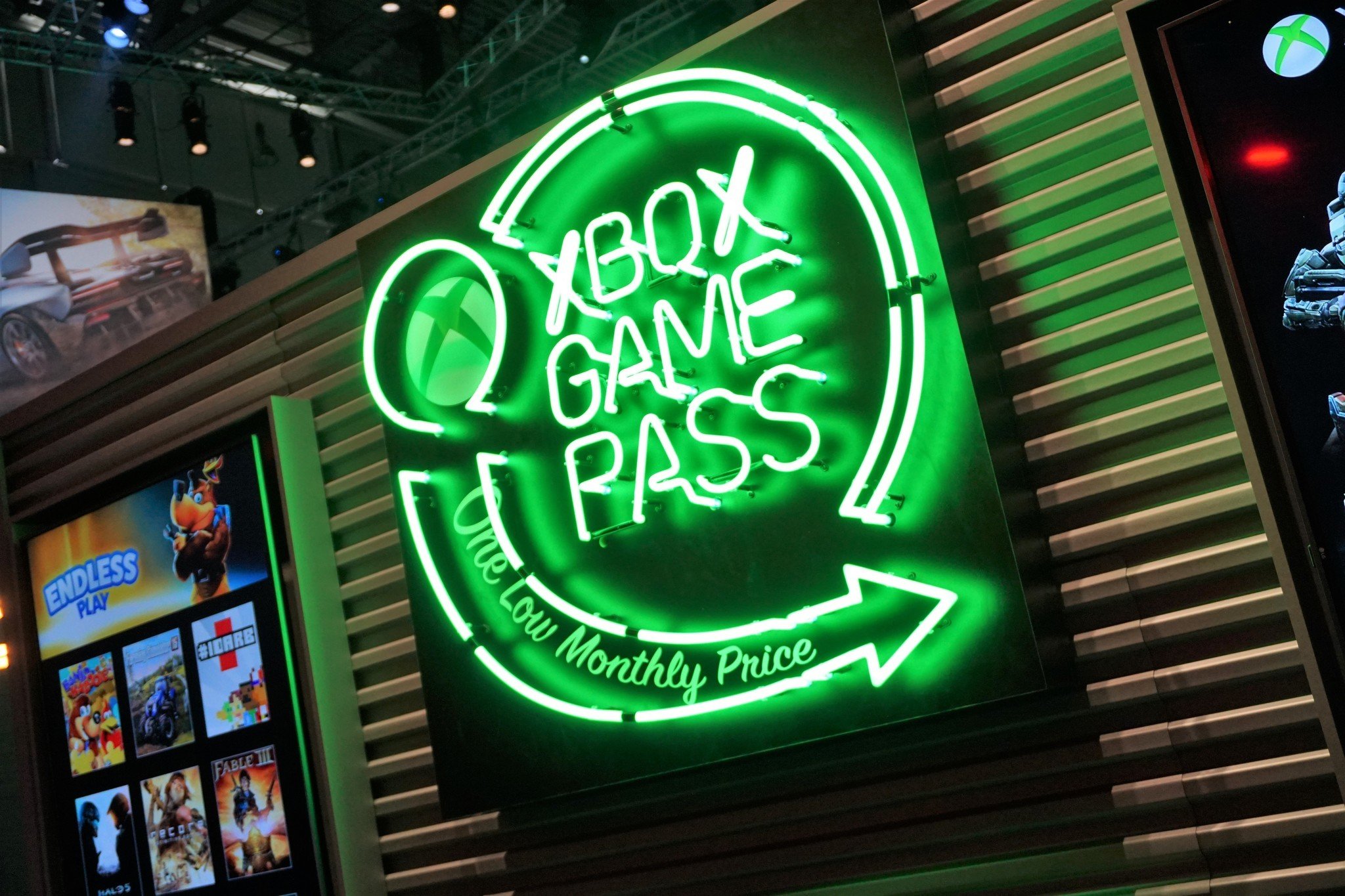
While Microsoft hasn't stated this publically, one has to assume buy-to-own cloud games are on the roadmap, somewhere (Correction: Microsoft has stated publically that buy-to-own was on the roadmap for 2020, all the way back in 2019.) Microsoft is all-in on the cloud, and the relatively small library of compatible titles falls short of the service's vast potential. There are thousands of Xbox cloud-compatible games that would be ready to go at the flick of a switch. Obviously, Microsoft will add buy-to-own in the future, but what's taking so long?
There are likely a few reasons why we haven't got it already. More games mean more customers, which means more server load. By keeping the library small, Microsoft can more effectively manage the load on its Azure server racks. Xbox Cloud Gaming is still referred to as a "beta" on the app and website, which gives us a hint that this is just a slice of what's to come.
Additionally, the ongoing chip shortage is likely affecting the speed at which Microsoft can grow the platform. With server blades based on Xbox Series X console technology, they share the same parts, semi-conductors, and chips. The shortage affecting Xbox Series S and X console sales at retail is undoubtedly affecting how easily Microsoft can acquire servers too, likely putting a damper on the scale-up speed. Manufacturers have warned that the shortages could last all the way into 2023, too.
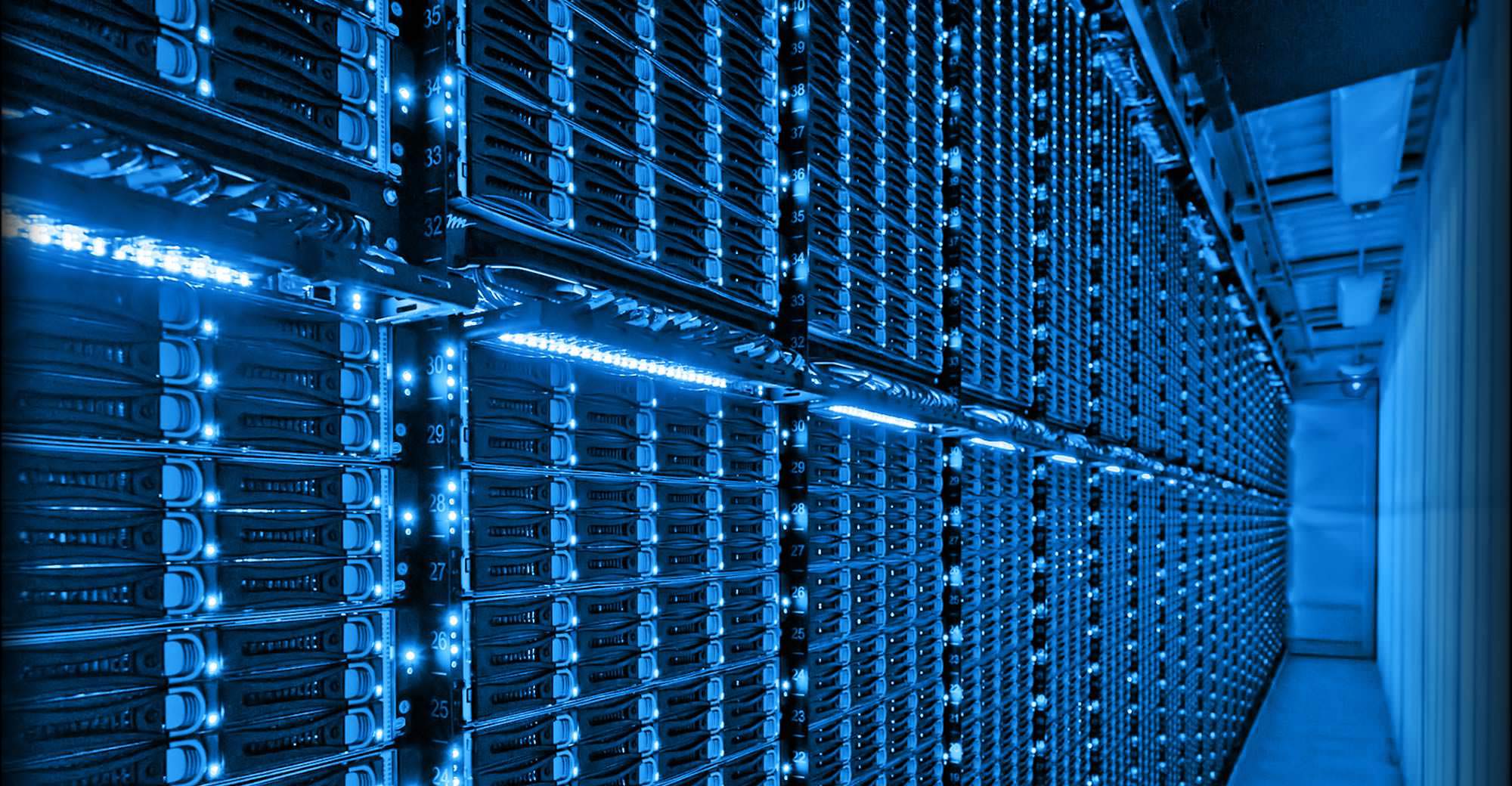
Finally, developer and publisher skepticism may be playing a part here, alongside complexities with Google's storefront. If Microsoft were to sell cloud licenses for its games, it wouldn't be able to do so through its Google Play app, due to Google's fees and rules. Similar rules and fees have blocked cloud gaming from hitting iOS altogether, although Microsoft offered a workaround via a web app.
Several publishers are also building their own platforms, including Electronic Arts and its own "Project Atlas" cloud technology. The publisher has supported Microsoft, bundling EA Play into Game Pass Ultimate, but would it also be willing to sell its games too? Or would it prefer to do so through its own platform, and avoid paying Microsoft's mandatory licensing fees?
There's also the matter of platform shifting entitlement. I can totally foresee some publishers wanting to charge players twice to access games in the cloud, much like we often have to pay twice for games on Xbox and PC today. I can only hope that Microsoft is able to enforce against this.
Clearly, nailing the rollout of Xbox Cloud Gaming is a delicate balance of publisher, developer relations, navigating app store policies, on top of massive technical and logistical challenges. Microsoft is likely the only company on earth right now that could build this business at any sort of scale, and getting it right is an unfathomable challenge that I certainly can't comprehend.
Gaming life in the cloud
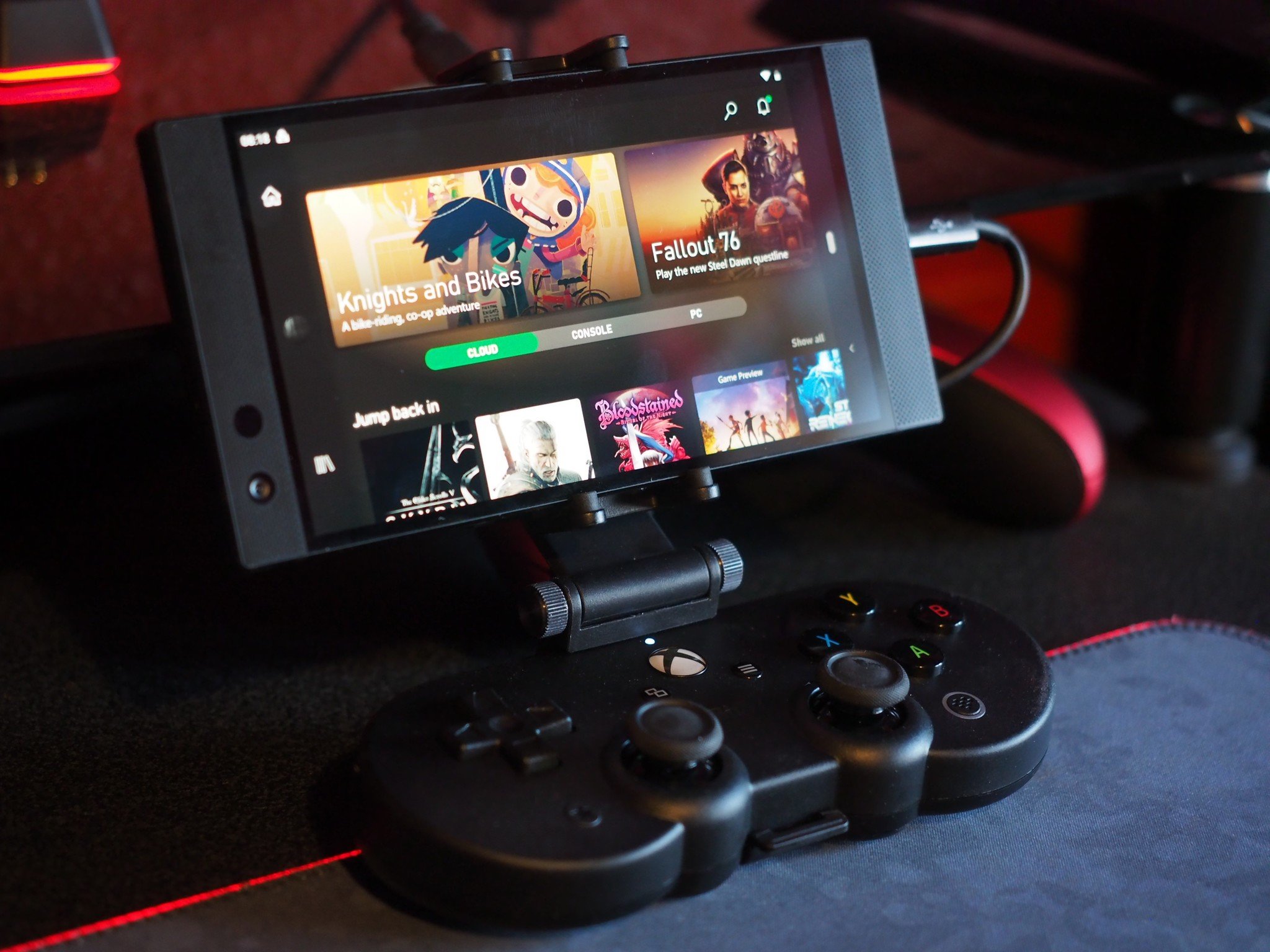
Microsoft has always said that it sees Xbox Cloud Gaming as supplementary to its growth, rather than central. The fact the developer platform and the hardware relies on the traditional home console install base should dispel any theories that Microsoft plans to quit native gaming entirely any time soon. They have millions of players across both console and PC, generating billions in revenue for the platform. The idea with Xbox Cloud Gaming is to capture new audiences, in new locations, among customers who have no desire or need to play games outside of their phones.
Microsoft, devs, let me give you money, I WILL totally buy games in the cloud.
Navigating around the current chip shortage, server loads, user acquisition, publisher and developer compensation, and more is a delicate balancing act that will take time to get right, not to mention the enormous technical challenge of building a service that can reliably mimic console gaming remotely. The fact we're even at this point feels almost like some kind of sci-fi fantasy. Blockbuster famously thought the same about Netflix, though, before streaming changed how we consume TV and movies forever.
Movies and TV are not games, though. And until we live in a future with magical quantum internet speeds that are near instantaneous across the entire globe, native gaming will remain the preference for most. What Xbox Cloud Gaming has done for me, though, is provide access to that gaming lifestyle from anywhere, irrespective of TV or console access. It reminds me of my youth, playing Sega Mega Drive or Super Nintendo at home while taking my Gameboy and Pokemon to school. I left that gaming lifestyle paradigm behind with Xbox, until now.
I can ultimately only comment as an end-user. It just struck me as interesting how drastically my perception of the service changed after the Xbox Series X upgrade, and how it changed my usage. I never expected Xbox Game Pass' cloud service would become a primary method of gaming for me, yet for the past few weeks, it most definitely has. And now, I'm hungrier than ever to see it grow.
In short, what I'm saying is: Microsoft, devs, let me give you money, I WILL totally buy games in the cloud.

Jez Corden is the Executive Editor at Windows Central, focusing primarily on all things Xbox and gaming. Jez is known for breaking exclusive news and analysis as relates to the Microsoft ecosystem while being powered by tea. Follow on Twitter (X) and Threads, and listen to his XB2 Podcast, all about, you guessed it, Xbox!
